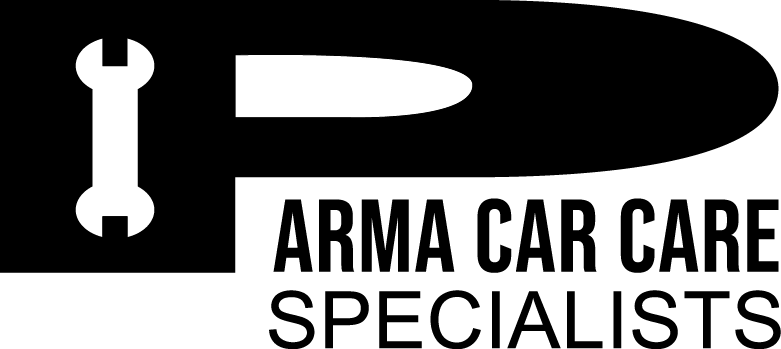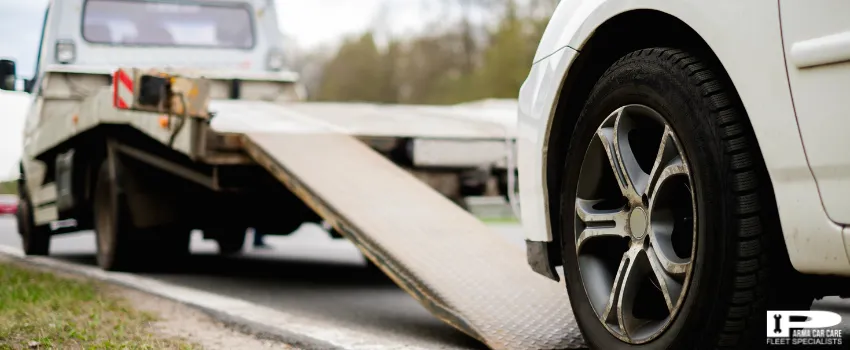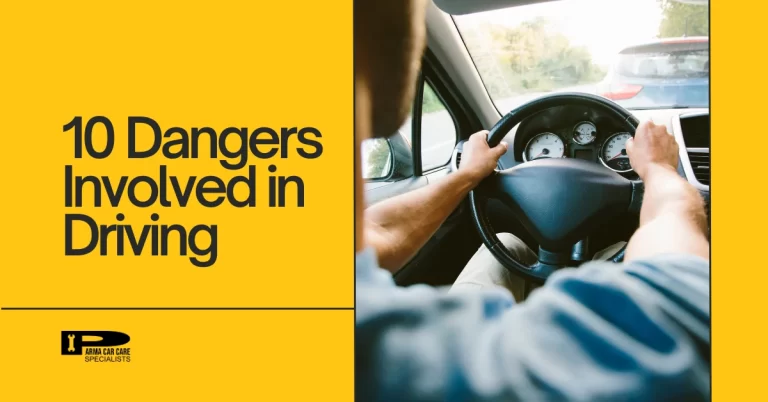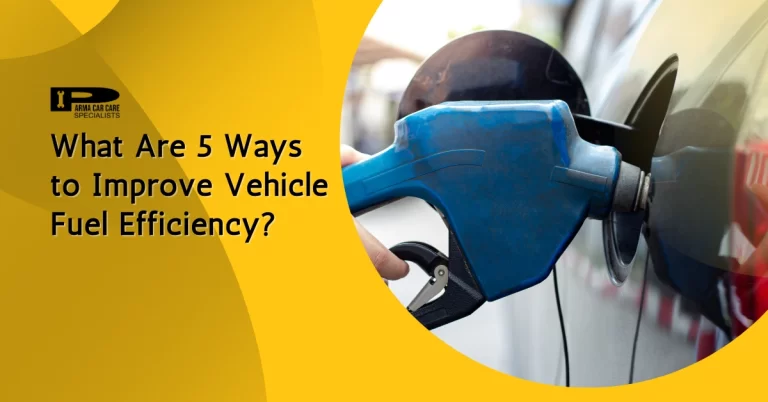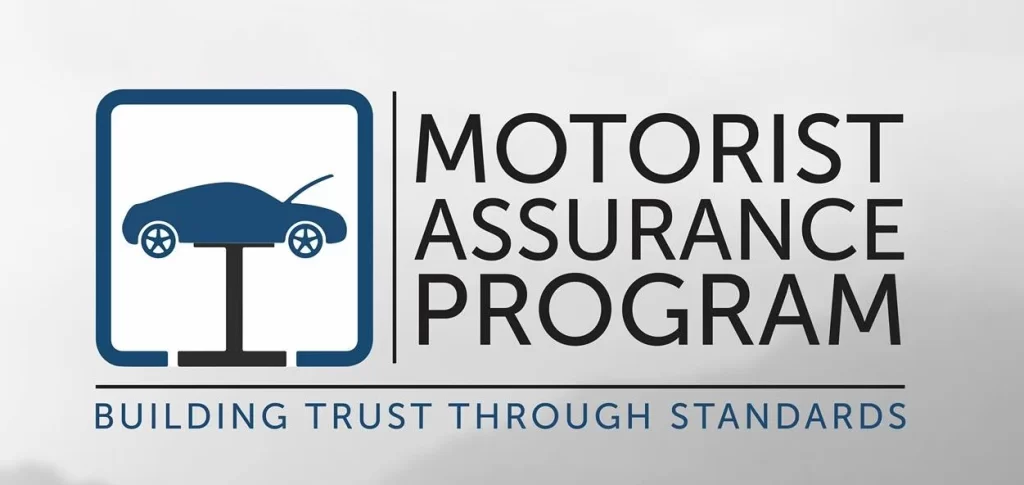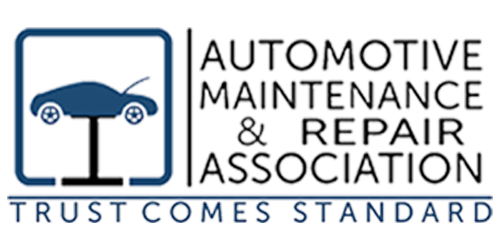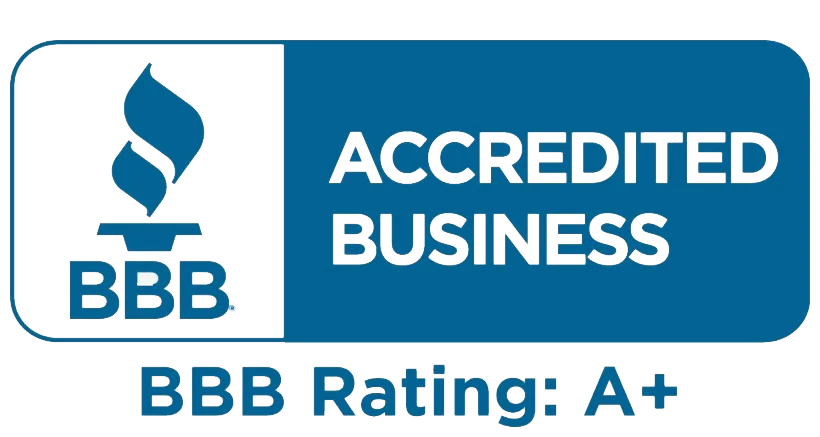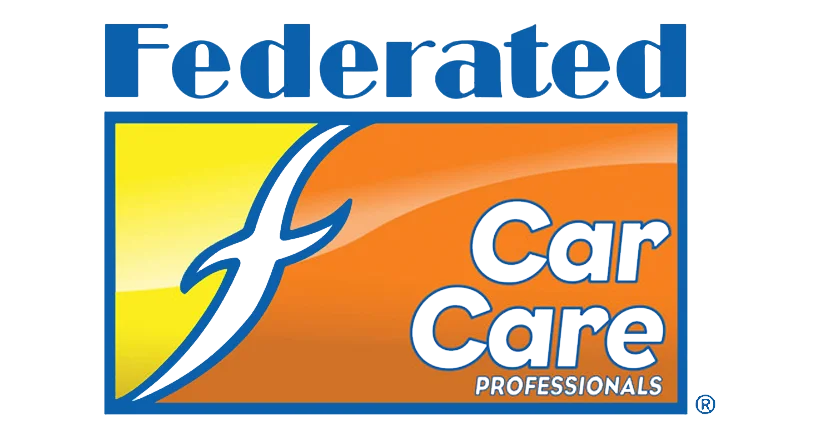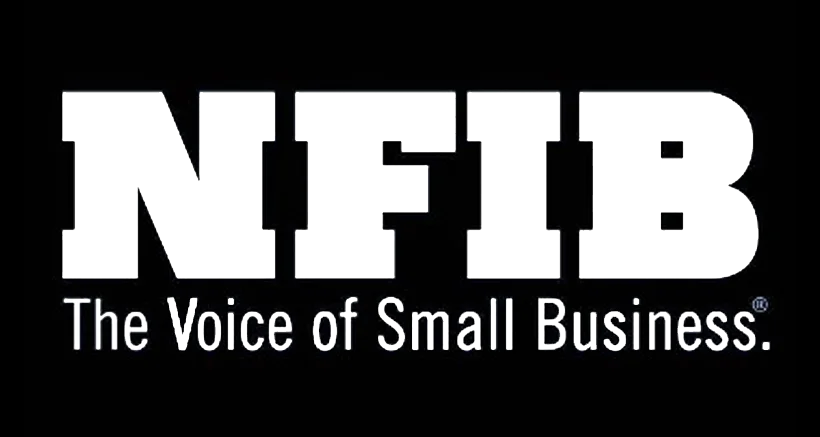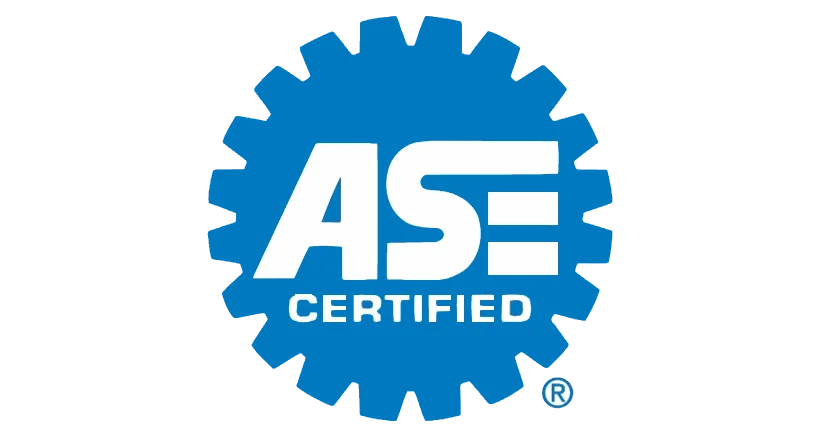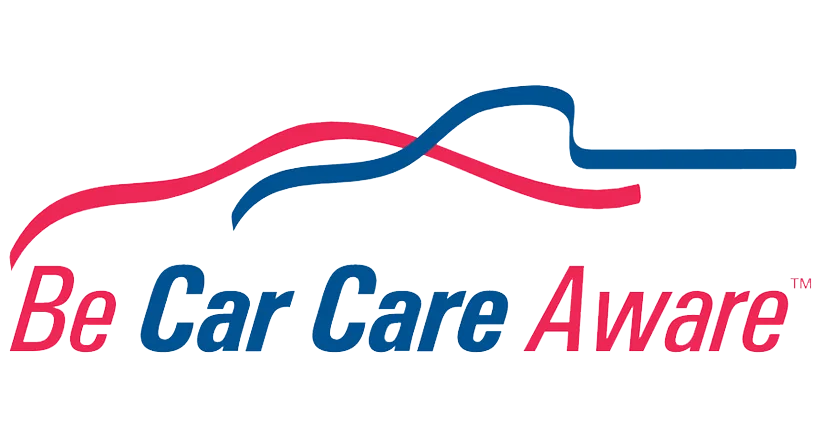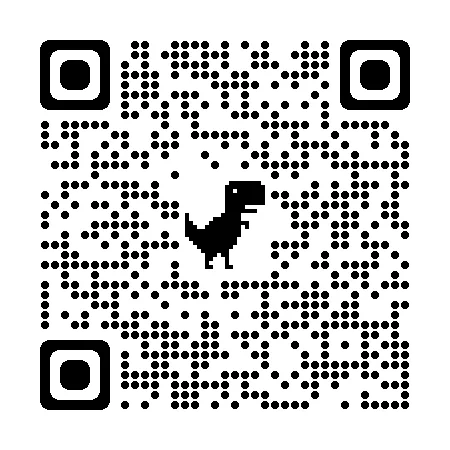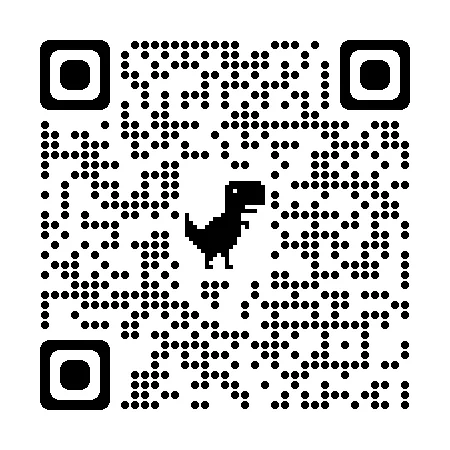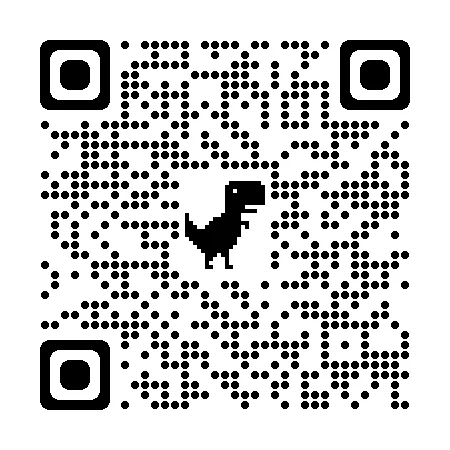A vehicle breakdown in the middle of the road can be stressful. It can disrupt your plans and cause inconvenience. In such cases, towing comes to the rescue. It provides a means to transport your disabled vehicle to a repair shop or a safe location.
If you’re new to the concept of towing or just want to refresh your knowledge, this article is for you. We’ll discuss the towing basics, the different types of tow trucks, and essential safety measures. So, let’s get started and dive into the world of towing!
What are the types of towing?
Vehicle towing is the process of pulling or hauling a disabled or illegally parked vehicle using another vehicle. Tow trucks are the superheroes of the road, and they come in different forms, each with its unique way of saving the day. Here are the four types of truck towing services:
1. Flatbed Towing
Flatbed towing involves using a flatbed trailer truck that has a large and sturdy platform. This is one of the preferred methods for transporting luxury or classic cars, as it keeps them secure and protects them from road hazards.
2. Wheel-Lift Towing
Wheel-lift towing uses a truck with a metal yoke that goes under the rear or front wheels of the disabled vehicle. This type of towing is usually used for cars with smaller builds and the quick removal of illegally parked vehicles.
3. Hook and Chain Towing
Hook and chain towing involves a tow truck with a chain or strap attached to the disabled vehicle’s front or rear axle or, sometimes, its frame. This method is mainly used for towing wrecked or junk vehicles because it can cause additional damage.
4. Integrated Towing
Integrated towing is a heavy-duty towing process used for large and commercial vehicles and equipment. It requires a specialized tow truck with an integrated boom and underlift.
The Advantages of a Flatbed Truck
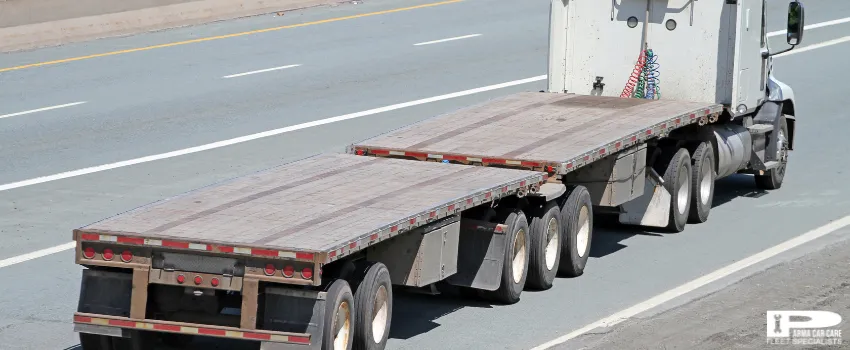
One of the most popular and widely used vehicle towing methods is using a flatbed truck. Now, you may be wondering why many towing service providers prefer using a flatbed truck; here’s why:
1. Safety and security
With a flatbed truck, you can have peace of mind because it allows for easy and secure loading and unloading of the disabled vehicle. Unlike other towing methods, a flatbed truck keeps the car entirely off the ground, reducing the risk of damage and wear.
2. Versatility
Whether you have a small car, an SUV, or a motorcycle, a flatbed truck can transport it without a hitch. This starkly contrasts other methods of towing a vehicle that may be limited to specific vehicle types.
3. Convenience
Using a flatbed truck also offers convenience in towing arrangements. It doesn’t matter if the vehicle can’t start or has severe damage; a flatbed truck can easily transport it, ensuring that you get to an auto repair shop swiftly.
What is the difference between towing and hauling?
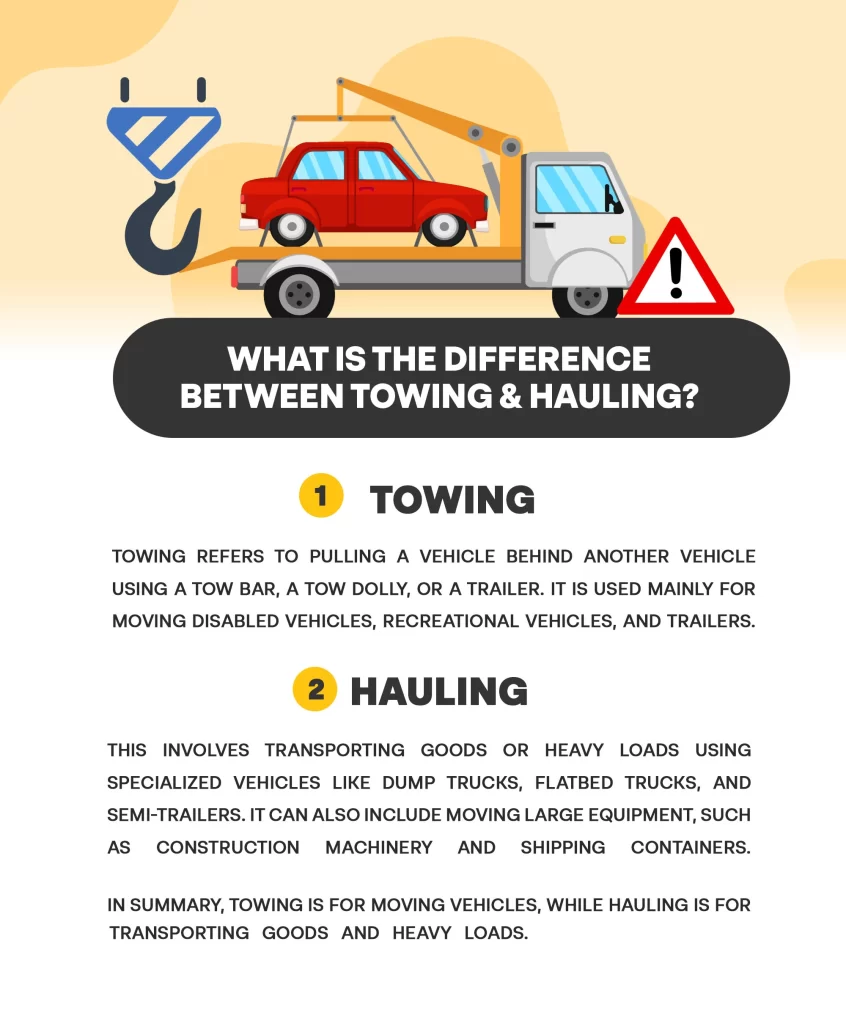
One of the towing basics you should know is the difference between towing and hauling. Although they are often used interchangeably, they have distinct differences. The main difference lies in what is being transported and the equipment used:
1. Towing
Towing refers to pulling a vehicle behind another vehicle using a tow bar, a tow dolly, or a trailer. It is used mainly for moving disabled vehicles, recreational vehicles, and trailers.
2. Hauling
This involves transporting goods or heavy loads using specialized vehicles like dump trucks, flatbed trucks, and semi-trailers. It can also include moving large equipment, such as construction machinery and shipping containers.
In summary, towing is for moving vehicles, while hauling is for transporting goods and heavy loads.
Why do you need towing?
Towing is needed for safely and efficiently moving disabled vehicles to a desired location. It saves the day by providing the following:
1. Emergency Rescue for Disabled Vehicles
Whether it’s a mechanical breakdown or a flat tire, towing can transport your vehicle to a repair shop or a location of your choice, sparing you the hassle of arranging alternative transportation.
2. Relocation of Illegally Parked Vehicles
If a car has been illegally parked on your property and you want to relocate it, a towing service can move it to a designated impound lot or a legal parking spot.
3. Transportation of Specialty and Recreational Vehicles
Specialty and recreational vehicles are not meant to be driven over long distances. A reliable towing service can transport them to your desired destination, allowing you to enjoy the journey without worrying about wear and tear.
4. Assistance in Accidents and Roadside Emergencies
When your vehicle is involved in a collision or experiences significant damage that renders it undrivable, towing can safely remove it from the scene. Towing helps clear the way for traffic to flow smoothly.
What must be considered when towing?
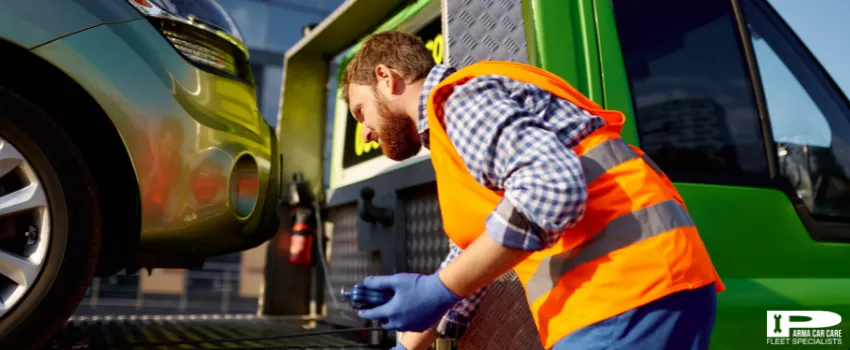
Vehicle towing requires careful planning and consideration to ensure everything goes right. When it comes to towing basics, keep the following in mind:
1. Weight and Capacity Limits
It’s crucial to know the weight of the vehicle you plan to tow and the towing capacity of the towing vehicle. Exceeding these limits can lead to accidents, damage the towing vehicle, and even cause new roadside chaos.
2. Towing Method and Equipment
Choosing the suitable towing method and equipment ensures a secure fit and minimizes the risk of damage to both the towing and towed vehicles. Choose what best suits your needs and the vehicle being towed.
3. Vehicle Condition and Precautions
If the vehicle you’re planning to tow already has complications, additional precautions may be necessary. Secure all loose parts, check the brakes and steering, and properly inflate the tires.
4. Towing Distance and Route
Consider the complexity of the route, including any sharp turns or steep inclines, and assess whether it’s a job that an experienced towing service can handle.
5. Legal Requirements and Insurance Coverage
Some states have specific regulations for towing, and compliance is essential to avoid any unwanted legal entanglements. Reviewing your insurance coverage to determine if it includes protection for any potential towing-related incidents is also a good idea.
What vehicle issues require towing?
Vehicle issues that require towing vary depending on the severity of the problem and the safety risks involved. Here are some basic situations where car towing is necessary:
1. Totaled Vehicles
When a car is severely damaged in an accident and deemed a total loss by the insurance company, it’s typically towed to a salvage yard.
2. Engine Failures
If your car’s engine stops working and it’s unsafe or impossible to repair on the spot, towing is the best option.
3. Transmission Failures
Transmission problems can make it difficult or impossible to drive the vehicle. In such cases, having the car towed to an auto repair shop is safer.
4. Flat Tire Incidents
Although not always necessary, car towing may be the best option if you’re unable to change a flat tire or don’t have a spare.
5. Overheated Engines
When a vehicle’s engine overheats and continues to run, it can cause significant damage. In this case, turning off the engine and waiting for a tow truck is recommended to prevent further harm.
6. Accidents
Vehicles involved in accidents that have extensive damage or are inoperable need to be towed away from the accident scene.
7. Illegal Parking
If your vehicle is illegally parked and blocking traffic, it may be towed by the authorities.
8. Unresponsive Vehicles
If your car doesn’t start despite all your efforts, it’s best to have it towed to a reliable mechanic for a thorough inspection and repair.
Does getting your car towed affect your insurance?
Getting your car towed generally doesn’t directly impact your insurance rates. Vehicle towing is often considered separate from insurance coverage for accidents and vehicle damage. However, some circumstances, such as accidents or breakdowns, can affect your insurance in the following ways:
1. Accident-Related Tows
If your vehicle is towed from the scene of an accident, the cost of towing may be covered by your insurance policy if you have roadside assistance or towing coverage. However, you will be responsible for the expenses if the towing services are not covered.
2. Policy Premium Changes
While getting your car towed does not directly result in changes to your insurance rates, filing a claim for an accident or damage that necessitated the tow can impact your premiums.
What are the criteria to look for in a local towing service?
When selecting a local vehicle towing service, it’s essential to consider the following criteria:
1. 24/7 Availability and Quick Response
Vehicle breakdowns and accidents can happen at any time, so choosing a towing service that operates 24/7 is crucial. They should be reachable and able to dispatch a tow truck promptly.
2. Proximity to Your Location
It’s ideal to choose a towing service with a location near your usual routes. This ensures that they can reach you faster in emergencies, reducing the waiting time on the road.
3. Positive Customer Reviews
Focus on companies with positive feedback regarding their professionalism, transparent pricing, efficiency, and care for towed vehicles.
4. Range of Towing Services
Different car towing incidents may require specific equipment or expertise. Therefore, selecting a towing service that offers a range of options, such as flatbed towing, wheel-lift towing, and heavy-duty towing, is beneficial.
5. Proper Licensing and Insurance
Verify that the towing service has the necessary licenses and insurance coverage. This ensures they operate legally and protect your vehicle in case of any damage during the towing process.
Can towing cause transmission issues?
Car towing can potentially cause transmission problems if not done correctly. If you want to avoid the headache of transmission issues, keep these towing basics in mind when towing a vehicle:
1. Using the right tow vehicle
Ensure that the tow vehicle has the appropriate towing capacity to handle the weight of the towed vehicle. Using a vehicle with insufficient power can strain the transmission.
2. Choosing the proper tow method
Select a towing method suitable for the specific vehicle being transported. Flatbed towing is generally safer for the vehicle’s transmission as it avoids any wear and tear caused by dragging the wheels on the road.
3. Communicating effectively with the tow truck driver
Provide clear instructions to the tow truck driver about the condition of the vehicle’s transmission and any specific requirements for its safe towing.
4. Using a professional towing service
To reduce transmission problems, hiring an experienced and reputable towing service is advisable. They have the necessary expertise to handle the vehicle carefully during transit, minimizing the risks of damage.
What is an Important Safety Device to Be Used When Towing?
Using the correct safety devices when car towing is crucial. Among the various safety equipment available, safety chains stand out as an absolute must-have in towing basics. These are typically used with a hitch and are designed to prevent the trailer or towed vehicle from completely separating from the towing vehicle during a coupling failure. They serve as a backup connection and are crucial for safety, providing extra protection and preventing the trailer from breaking loose and causing accidents.
Key Takeaway
Towing is an invaluable service that comes to the rescue when you’re stranded on the road. Understanding the towing basics can help you make an informed decision on what’s best for your vehicle.
When towing a vehicle, choosing a professional service that meets specific criteria is crucial. A reputable towing service ensures the safe and efficient transport of your vehicle and minimizes the risk of additional damage, such as transmission issues. So, whether you’re dealing with a flat tire, engine failure, or any other vehicle issue, professional services are your best bet for a hassle-free experience.
Reach out to Parma Car Care for reliable towing services!
If you ever need towing services in Brooklyn, OH, make sure to choose a reliable service provider that ticks all the boxes for reliability, safety, and efficiency. Don’t compromise; opt for the best to get you back on the road as quickly as possible with Parma Car Care Specialists.

